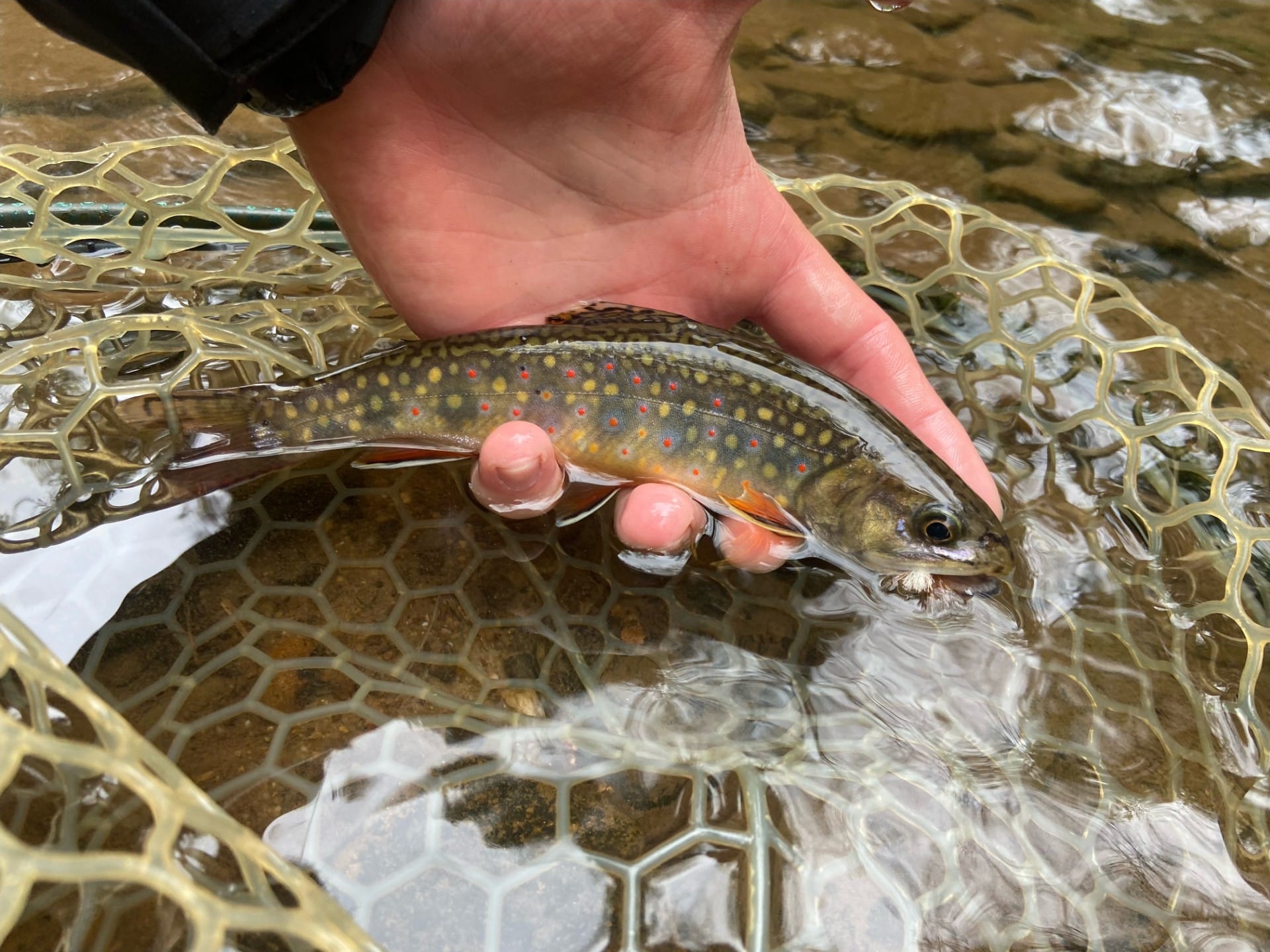By Connor Bevan
Inland Fisheries Policy Director
Recently, House Agriculture Committee Chairman Glenn Thompson (R-PA) and Senate Agriculture Committee Chairwoman Debbie Stabenow (D-MI) released their respective frameworks for the 2024 Farm Bill Reauthorization. Following a one-year extension approved in 2023, ASA and our partners are advocating for the inclusion of sportfishing priorities in the Bill’s Conservation and Forestry Titles as highlighted by the Fisheries in the Farm Bill Coalition.
Chairman Thompson introduced his bill, H.R. 8467, on May 21 and it passed out of the Committee in a markup on May 23rd. Notable provisions in the Thompson’s proposal included:
- Increasing funding to the Voluntary Public Access and Habitat Incentive Program to $150 million over five years.
- Maintaining the requirement that at least 10% of funding through the Environmental Quality Incentives Program be dedicated to fish and wildlife conservation practices.
- Including aquatic conservation, riparian restoration, and benefits to water quality as eligible activities under the Water Source Protection Program.
On the Senate side, Chairwoman Stabenow has yet to release the full text of her proposal, but shared a summary and section-by-section breakdown of what we can expect. Among other ASA and Coalition priorities, the Senate proposal includes:
- Expanded eligibility for nutrient retention projects under the Conservation Innovation Grants On-Farm Trials program.
- Additional funding for stewardship of wetland easements by authorizing the Department of Agriculture to pay up to 100% of eligible costs for stewardship activities carried out on wetland reserve easements.
- Allowing the Natural Resources Conservation Service to enter contracts withwater management entities to facilitate watershed-level conservation benefits.
The Farm Bill is the largest conservation vehicle passed by Congress, with about $6 billion in annual appropriations going towards conservation programs, according to the Theodore Roosevelt Conservation Partnership. The inaugural Farm bill passed in 1933 and is typically authorized on a five-year cycle. Through its various titles, landowners and farmers can voluntarily enhance water quality and mitigate runoff, sedimentation and pollution to our nation’s waterways for the benefit of fish and wildlife.
Negotiations between the two chambers are expected to continue through the conclusion of this Congress and ASA will remain steadfast in promoting fish habitat conservation as a priority in any final version.
Share This!
Recent Posts

